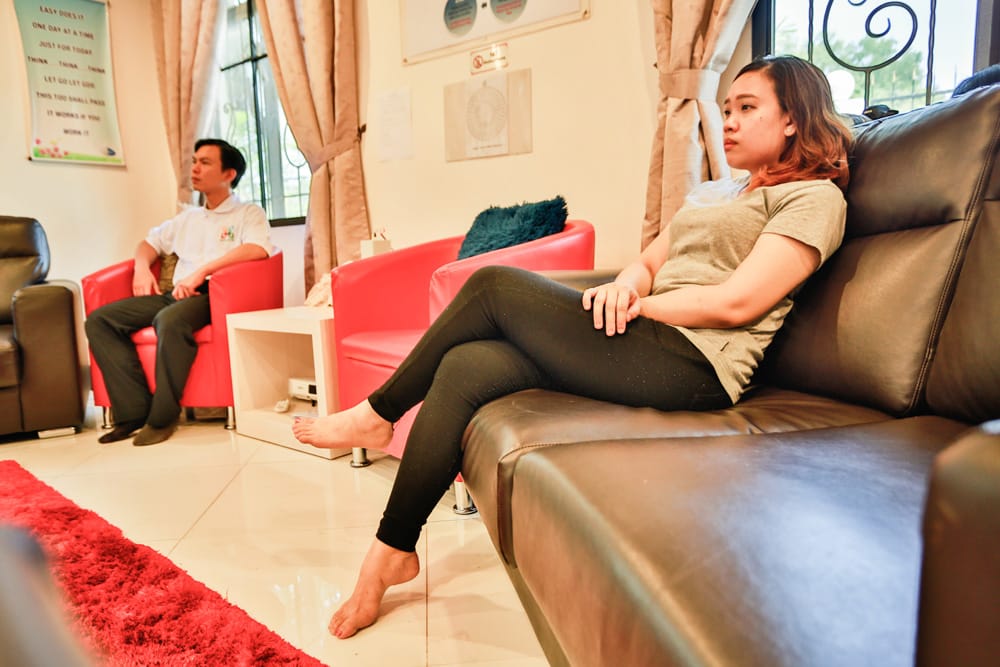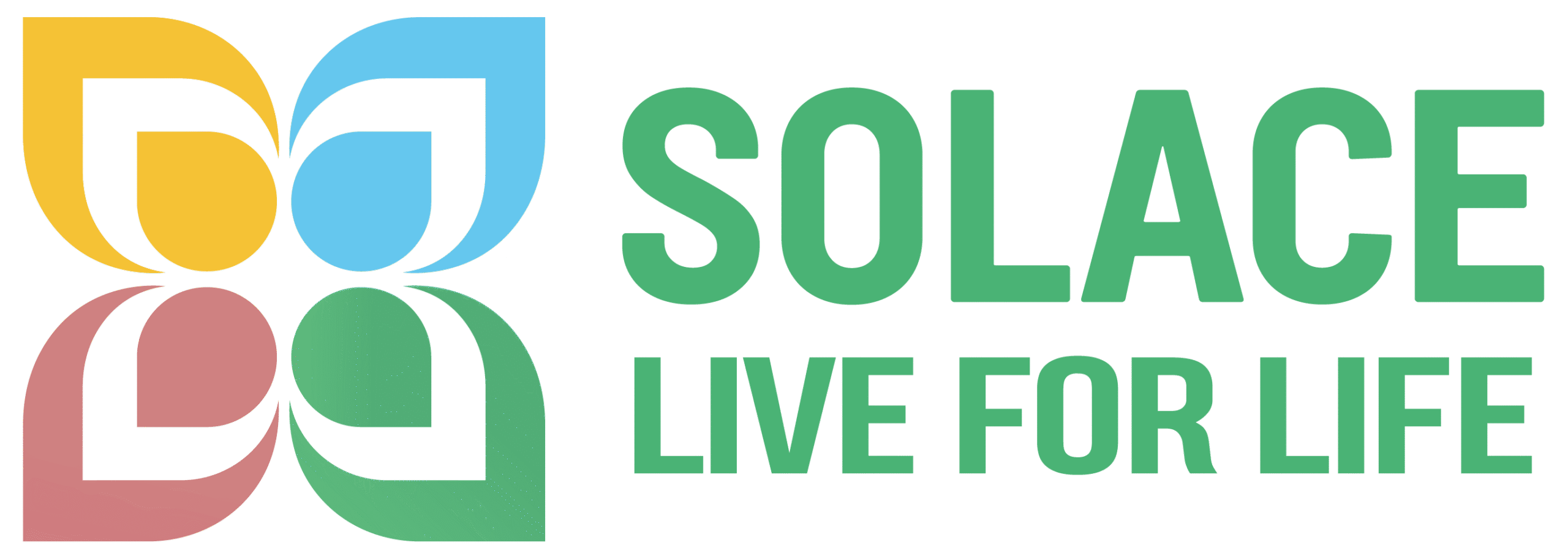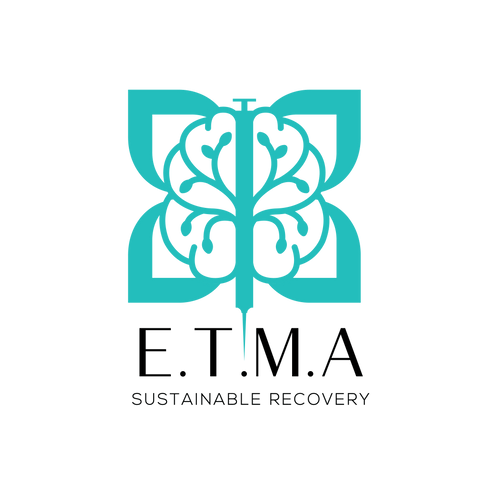Dialectical Behavior Therapy (DBT)
Dialectics refers to the therapist’s ability to establish a balance between acceptance and change within their client’s therapy.

DBT was widely used to treat patients who had suicidal tendencies, were self-injurious and suffered from Borderline Personality Disorder (BPD). It was developed by Dr.Marsha Linehan, who lived successfully with BPD.
Dialectics refers to the therapist’s ability to establish a balance between acceptance and change within their client’s therapy. Like “Cognitive Behavioral Therapy (CBT)”, which focuses on thoughts, DBT also alludes to the fact that a change of thought will exhibit a change in feelings and behavior. However, where DBT differs is in its emphasis on the role validation plays towards allowing troubling thoughts and behaviors to be held in one’s consciousness. The aim is to accept those thoughts along with the emotions mindfully and then the process of change no longer feels impossible or restrictive.
DBT can be administered by a number of channels at Solace Asia:
- Individual psychotherapy – Helps clients reduce or eliminate borderline behaviors.
- Group Skills Training – Concentrates on core mindfulness, interpersonal effectiveness, emotional regulation and distress tolerance skills. Usually meets on a weekly basis.
The skill-set taught in DBT are as follows:
- Becoming aware of thoughts and feelings via bodily sensations. Patients will be able to accept troubling thoughts, feelings, and urges (e.g. the desire to cut oneself) and not act out on it. Patients are taught to develop 2 minds – a wise vs. reactionary mind. They are thus taught to ask their “Wise Mind” to make better choices for them.
- A mindfulness practice whereby patients can breathe into the uncomfortable sensations to let go of the build-up of tension.
- A mindfulness technique that uses awareness of muscle tension and relaxation to relax.
- Patients are encouraged to journal or use “diary cards” to track their problems as well as successes.
Success of DBT
DBT has been very successful in treating those who suffer from BPD. Suicidal outcomes for those who suffer BPD has been reduced as a result of applying DBT. This is because the dialectic approach fits into the “bipolar” mindset of sufferers really well.
Additionally, DBT has also been adapted towards treating other behavioral disorders that involve emotional dysregulation such as substance dependence (Addiction) and Binge Eating Disorder (BED); as well as those suffering from severe depression, who have suicidal thoughts.
Outcomes of DBT:
With comprehensive treatment, clients can expect the following:
- Decrease the frequency and severity of self-destructive behaviors.
- Increase the motivation to change by providing positive reinforcement.
- Taught new “coping skills” to bring back into their natural environment.
- Provide a treatment setting that emphasizes the strengths of the patient.
- Enhancing the therapy through validating therapists via group support and guidance.

